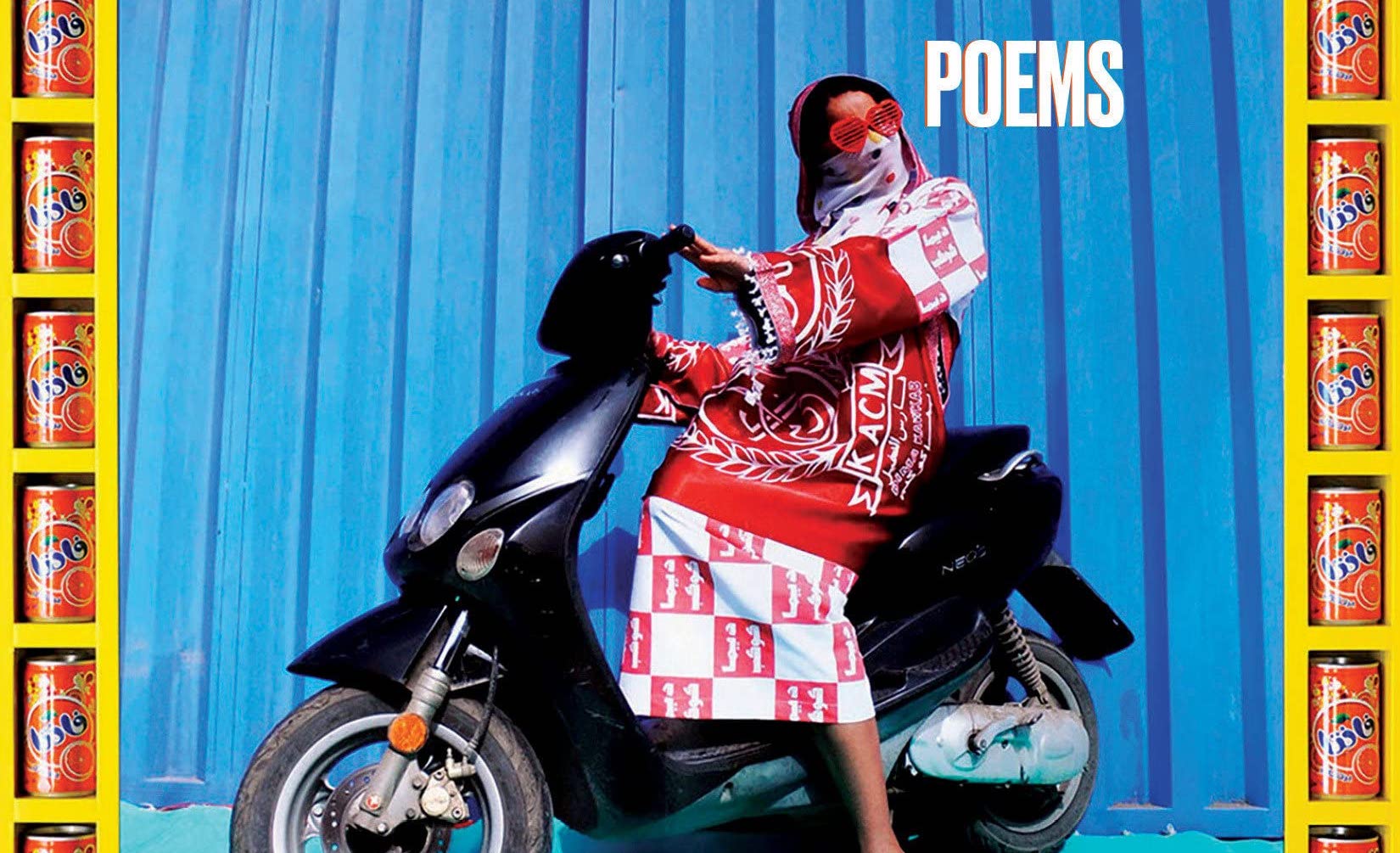okey-panky
Prayer Is a Form of Acting
An Interview with Mark Yakich

Prayer Is a Form of Acting
This week, we published new poems by Mark Yakich. Here’s a conversation about his work with poetry editor Ed Skoog.

Hi Mark! I’m interested in what thread, if any, runs through these Spiritual Exercise poems that also runs through your other books, not only the collections of poetry but also Poetry: A Survivor’s Guide and the post-Katrina chapbook Green Zone: New Orleans?
For both Poetry: A Survivor’s Guide and Spiritual Exercises I’ve been interested in subverting accepted ideas. In the former, I’ve been disappointed in the poetry guides I’ve tried to read and use over the years. They always seem to be condescending or else puerile or simply an obstacle for me in reading and writing poems. I’ve regularly felt like John Irving’s Garp: “what others often find serious, I find silly, and what others often find silly, I find serious.”
How so?
In the case of Spiritual Exercises, I’m reconsidering what it means to be spiritual, what it means to pray or be reverent. For me, being irreverent involves a much deeper understanding of reverence. It’s like satire: how does one really fathom something? One makes fun of it in a serious way. Because in order to make fun of it (e.g. Jon Stewart style) one has to understand how it works, how it’s structured, and what’s truly at stake.
You say, “For me, being irreverent involves a much deeper understanding of reverence.” Which came first for you?
I don’t think I can parse out which — reverence or irreverence — came first for me. That is, they’ve always seemed inextricably linked. When I was a small boy, I continually questioned why things were the way they were. How come I had to learn math, for example, even if I liked it and was pretty good at it. But then there was traditional religion, which has always mystified me. My mom was Protestant and my dad was Catholic so often we had to go to both mass and service on Sunday mornings, or we went to neither — as though they would cancel each other out anyway. The point is, there were so many rules, especially on the Catholic side, that bored me and that felt arbitrary. I particularly recall having to make up the number of sins at confession and not confessing to what I thought were unforgivable sins, like masturbation which I didn’t even have a word for at twelve years old. Now, of course, I have a deep reverence for masturbation even if after that act I feel much sadder and more pathetic to be a human being.
I understand that the Stanislavski methods in “An Actor Prepares” are largely inspired by the Spiritual Exercises, which he knew well from growing up in the church. But they seem at odds, the private and spiritual vs. the public and expressive. Perhaps something similar obtains in comparison with poetry?

I didn’t know that Spiritual Exercises inspired Stanislavski — grand! And looking into it, I found Liam Neeson was re-inspired in his acting and his faith by the same. Neeson even says that “acting is a form of prayer,” which I can certainly agree with, and would add that “prayer is a form of acting.” Prayer, or if one prefers “spiritual exercise,” comes in a variety of forms — and is almost always in forms. That connection to poems, for me, has been — dare I say it — revelatory. To quote myself from my recent book Poetry: A Survivor’s Guide: “Poetry is a form of prayer. Though most poets don’t know to whom or for what they are praying.” Which sounds like a slight, but in fact is just a reminder that sometimes it’s okay not to know what you are praying for — that is, the act of praying is valuable, soothing, and perhaps itself enough.
As far as private/spiritual vs. public/expressive, I get your intent — how can acting, something very public, also be something spiritual which seems very individualistic? But I don’t find the two mutually exclusive. One can, for example, sing a spiritual by oneself, say in the shower, but then later also sing it with others at church. That said, I have often found praying in church very uncomfortable — kneeling there “making a pretense out of reverence before others” as I say in an essay about the shower as my most sacred space.








